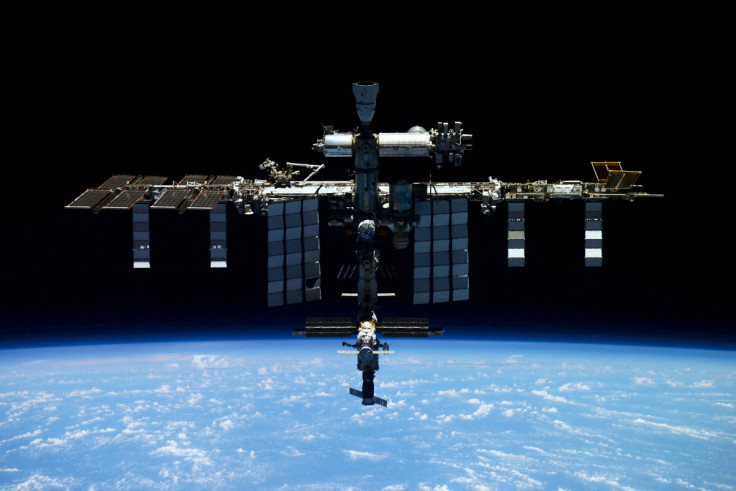Over the moon for International Day for Human Space Flight
This day is an opportunity to reflect on the incredible achievements of humanity in space exploration.

April 12th marks the International Day for Human Space Flight, a United Nations observance that celebrates the anniversary of the first human space flight. This day is an opportunity to reflect on the incredible achievements of humanity in space exploration and to recognise the benefits and opportunities that space exploration has brought to our world.
History of international day for human space flight
The International Day for Human Space Flight commemorates the historic flight of Yuri Gagarin, a Soviet Air Force pilot who became the first human to travel into space on April 12, 1961. This event marked a major milestone in human history and sparked a new era of space exploration that has continued to this day as Gagarin's flight helped the United Nations General Assembly realise all humankind shared a common interest in advancing the study and use of outer space.
Benefits of space exploration and importance of research into human space flight
Since that first historic flight, space exploration has expanded to include a range of activities, including scientific research, satellite communications, and space tourism. The benefits of space exploration are numerous, including advances in technology, medicine, and our understanding of the universe.
Space exploration has been vital in the development of technologies that have improved life on Earth. Space exploration has led to advances in areas such as telecommunications, weather forecasting, and environmental monitoring, which have had a major impact on society. Satellites, for example, have revolutionised communications and made it possible for people around the world to connect and share information.
In addition to these practical benefits, space exploration has also expanded our understanding of the universe and our place in it. The study of space has led to breakthroughs in astrophysics, cosmology, and other areas of science that have deepened our understanding of the world around us.
The International Day for Human Space Flight is also an opportunity to recognise the achievements of the men and women who have contributed to space exploration over the years. From the astronauts who have travelled to the moon to the engineers who have designed and built spacecraft, the people who have worked in the space industry have made incredible contributions to human knowledge and understanding.
As we mark this special day, it is important to remember that space exploration is not just about the pursuit of knowledge and technology. It is also about our collective human spirit of curiosity, exploration, and discovery. By continuing to push the boundaries of what we know and what we can achieve, we can continue to make amazing discoveries and advance the human race.
The International Day for Human Space Flight is a day to celebrate our past achievements in space exploration and to look forward to the future. As we continue to explore and discover, let us remember the incredible potential that space exploration has to improve our lives and deepen our understanding of the universe.
Last year, NASA's James Webb Space Telescope was able to capture a striking new image of Neptune, showing the clearest view of the distant planet's rings in over 30 years and an astronomy fan from Reddit was able to process a picture of an almost perfectly circular Einstein ring with the aid of the data gathered by the Mid-Infrared Instrument (MIRI) of the James Webb Space Telescope.
Scientists have also found a 5 per cent chance that a class-X solar flare may occur in the coming years and trigger a powerful geomagnetic storm in the Earth's atmosphere. According to NASA, X-class flares may result in worldwide transmission problems, global radio blackouts, and radiation exposure to airline passengers near the North and South Poles.
© Copyright IBTimes 2024. All rights reserved.






